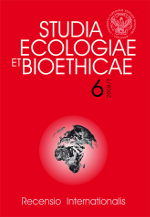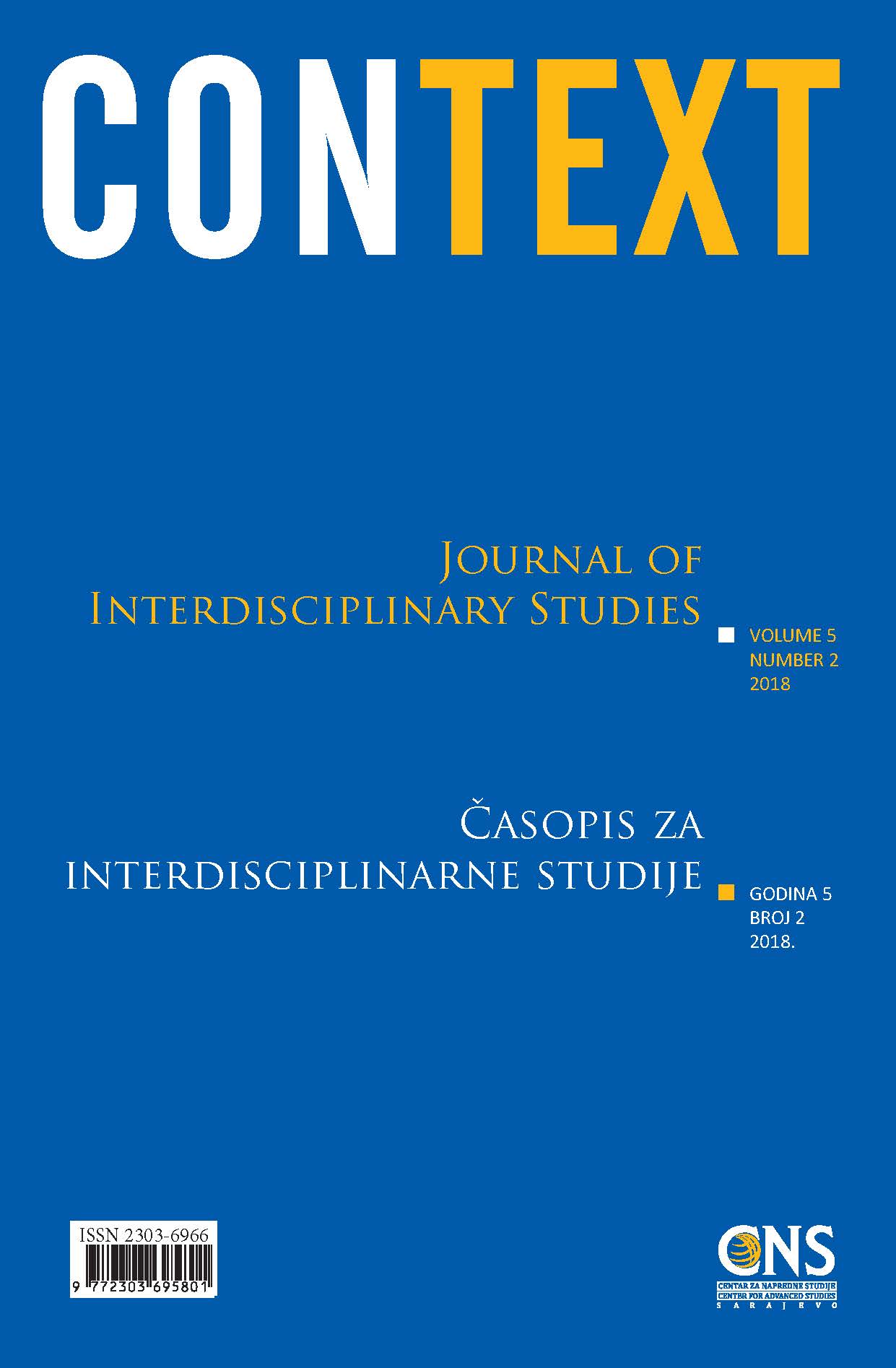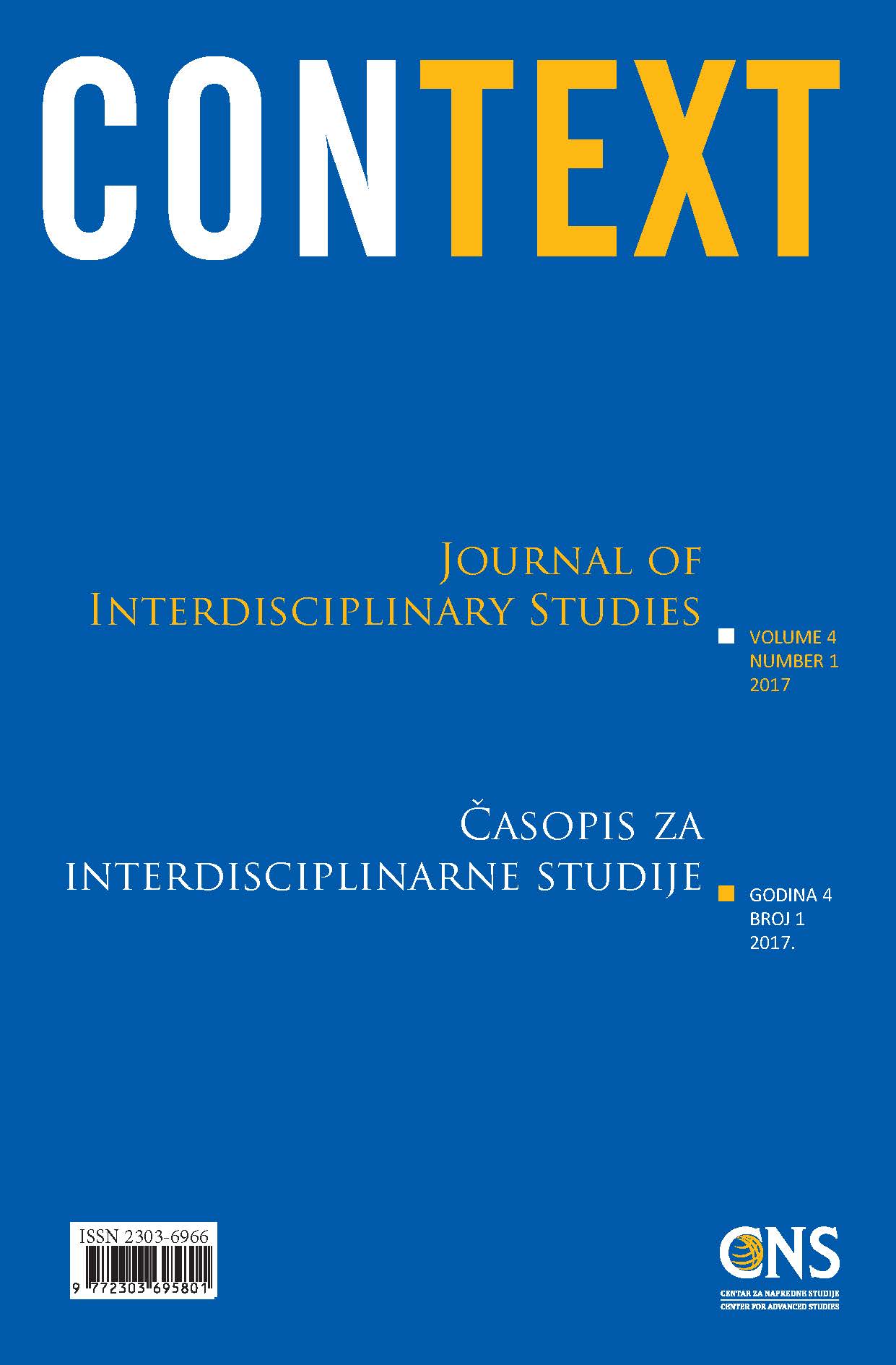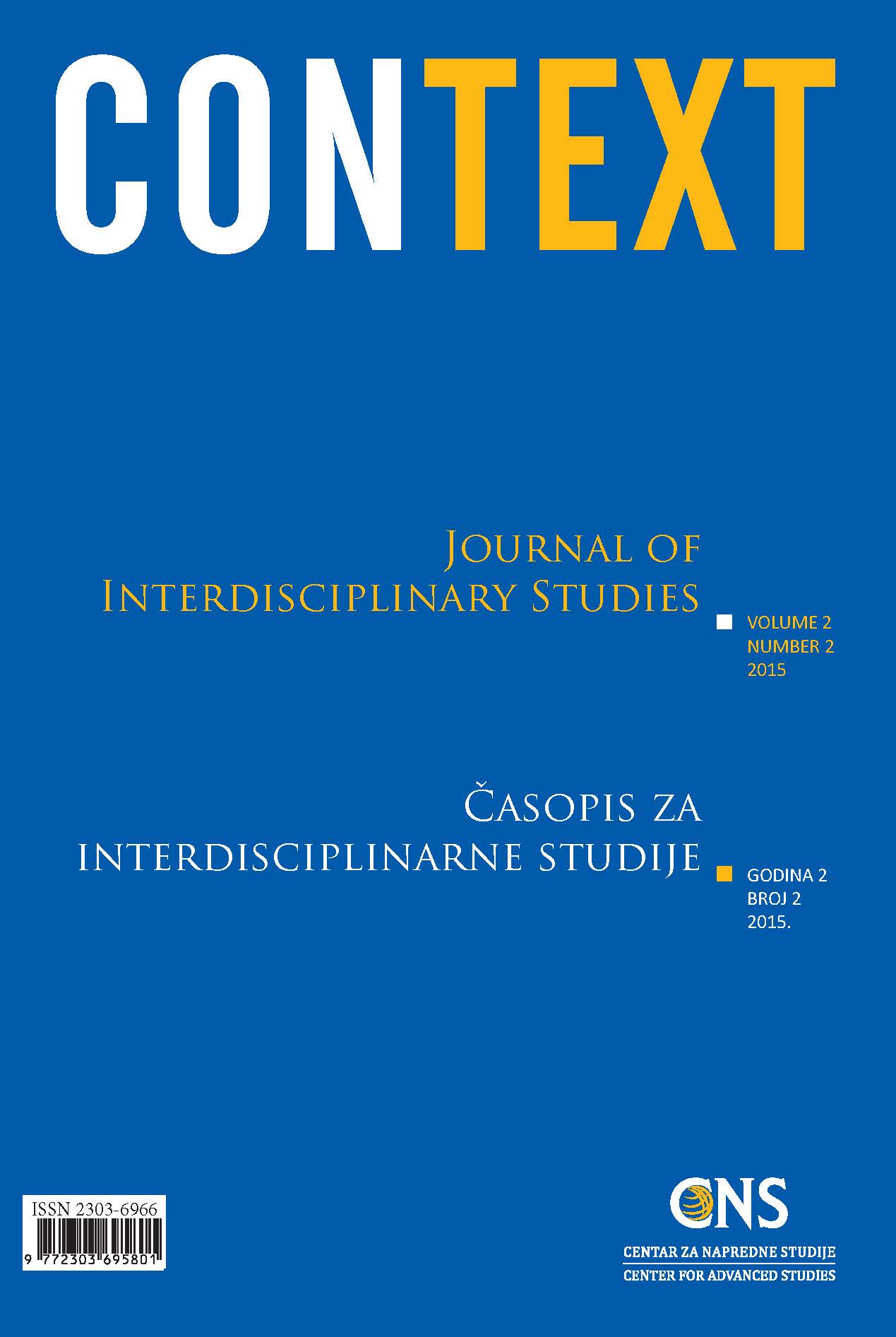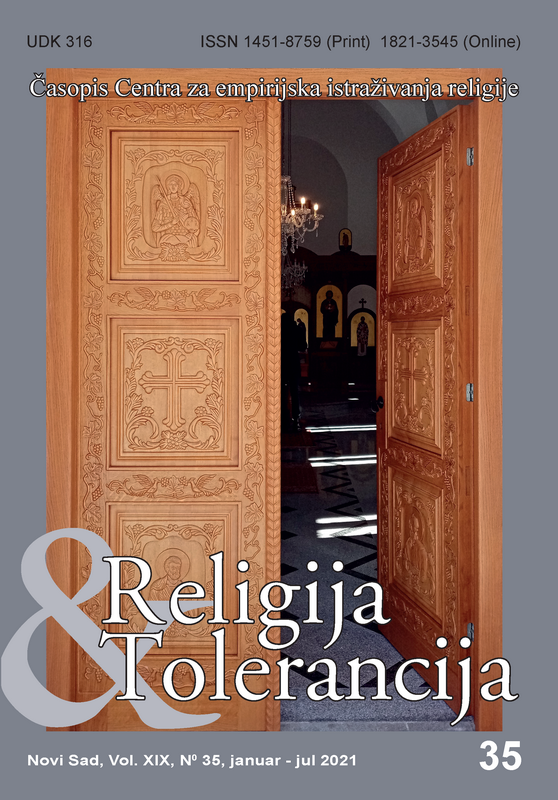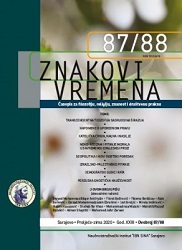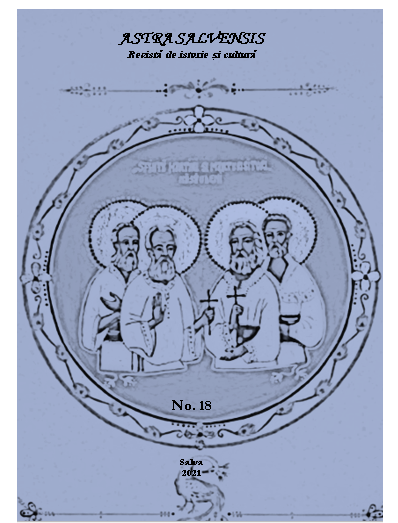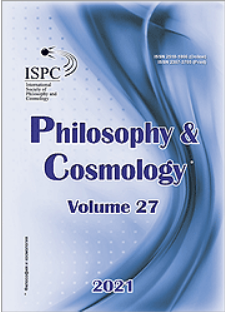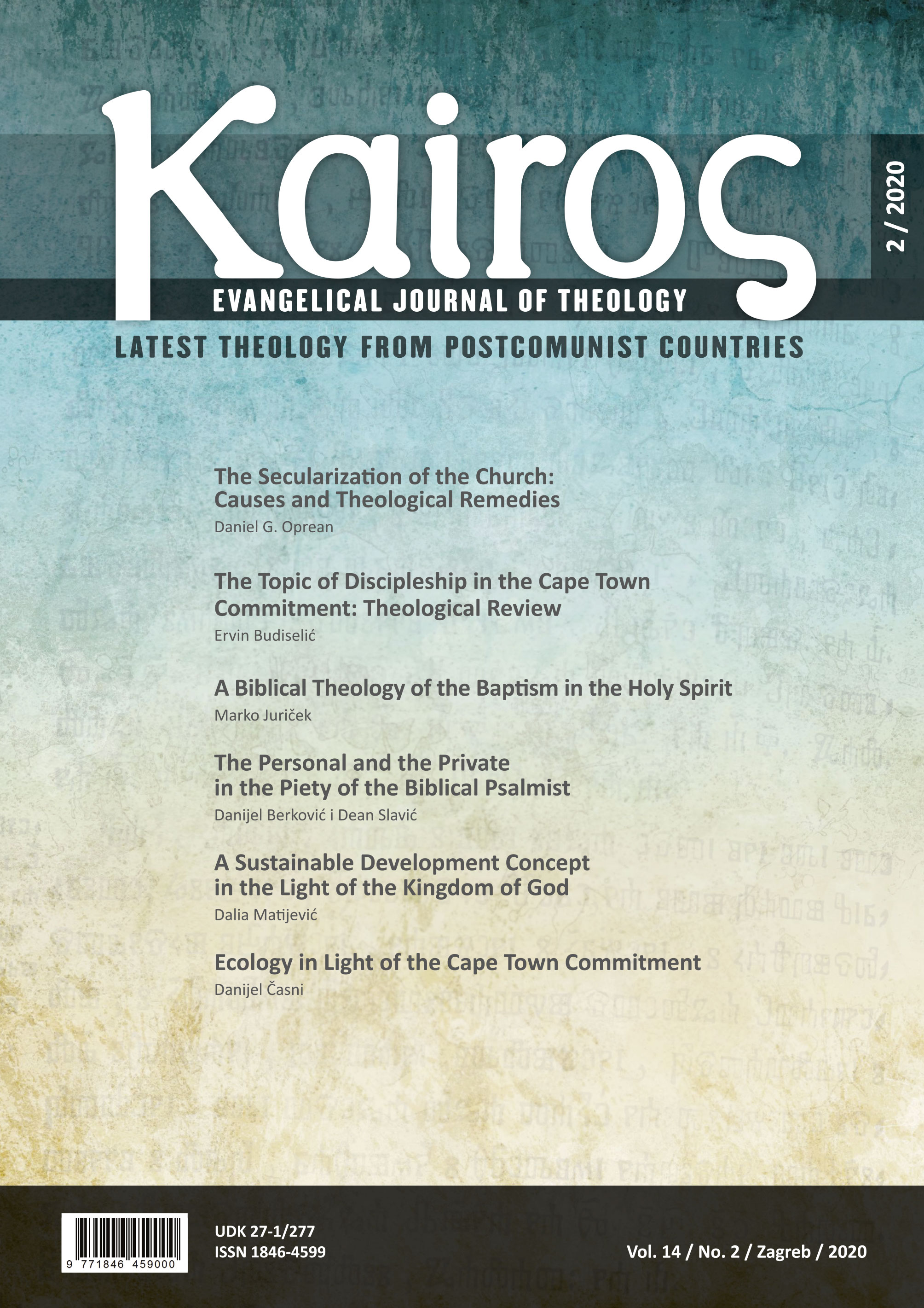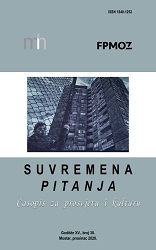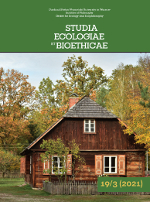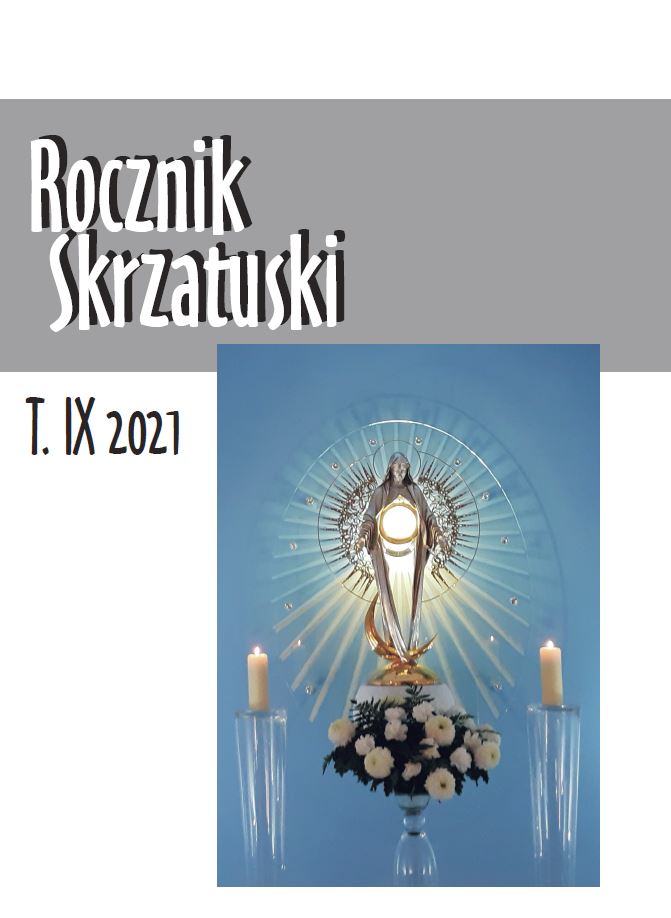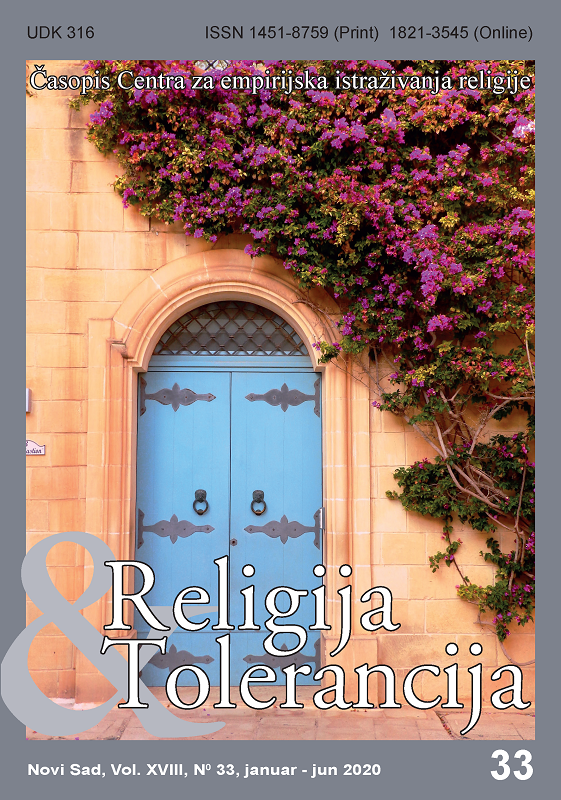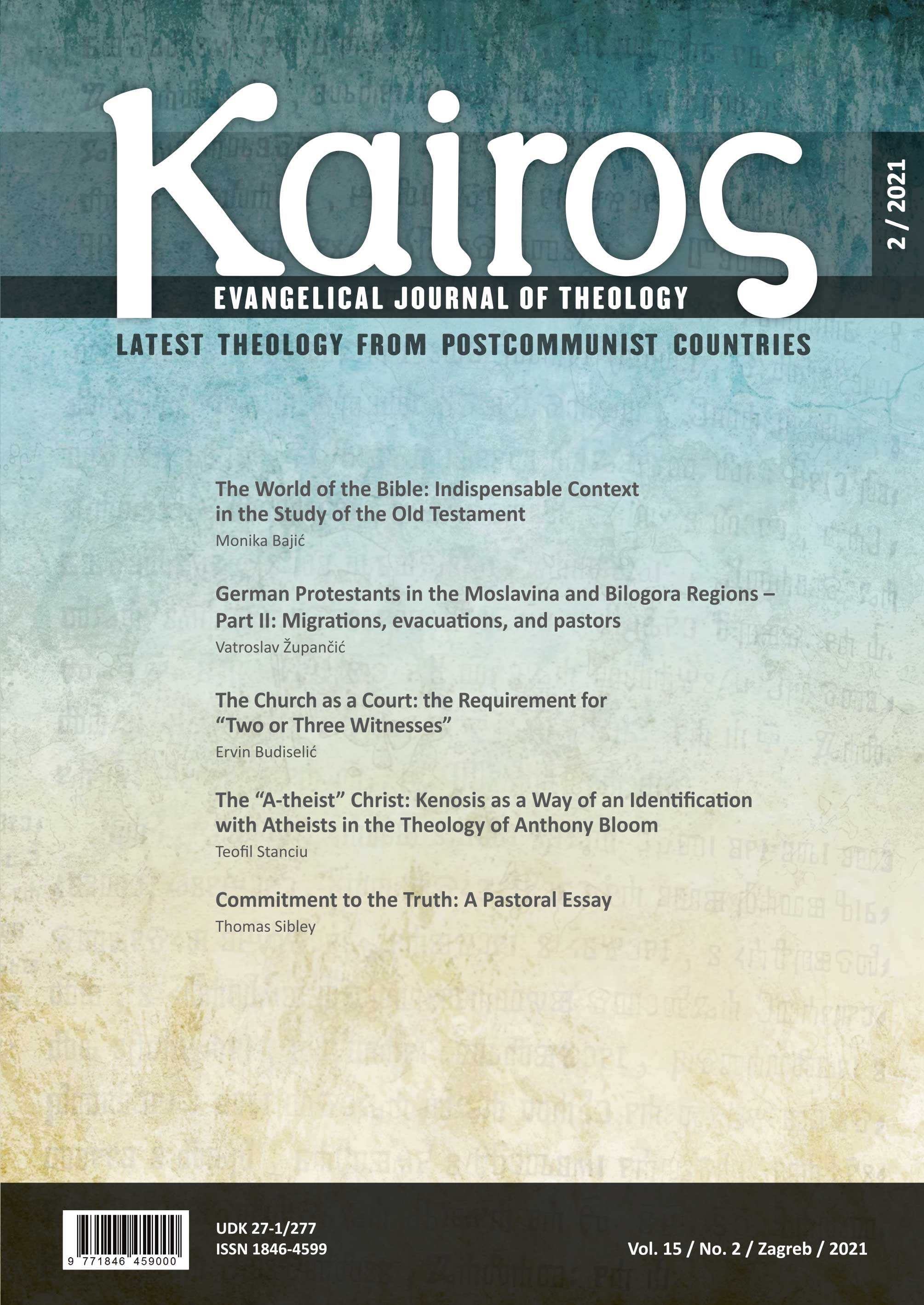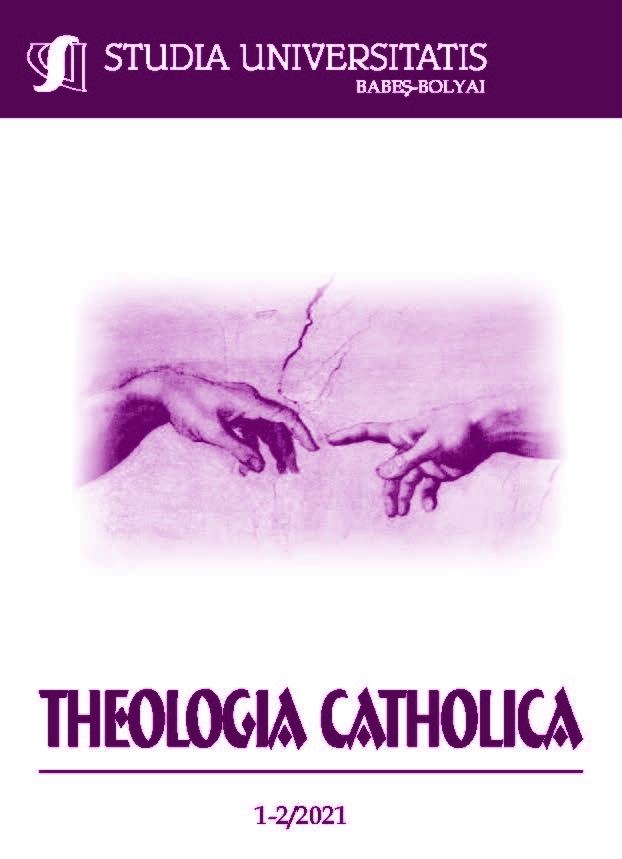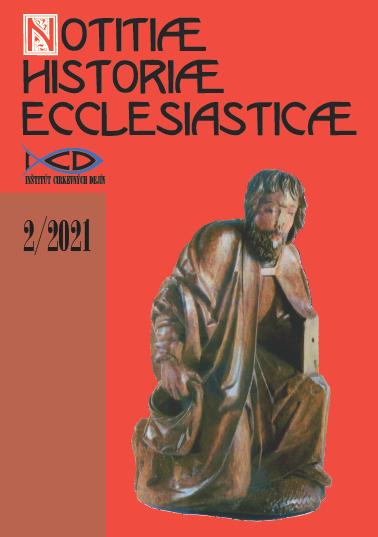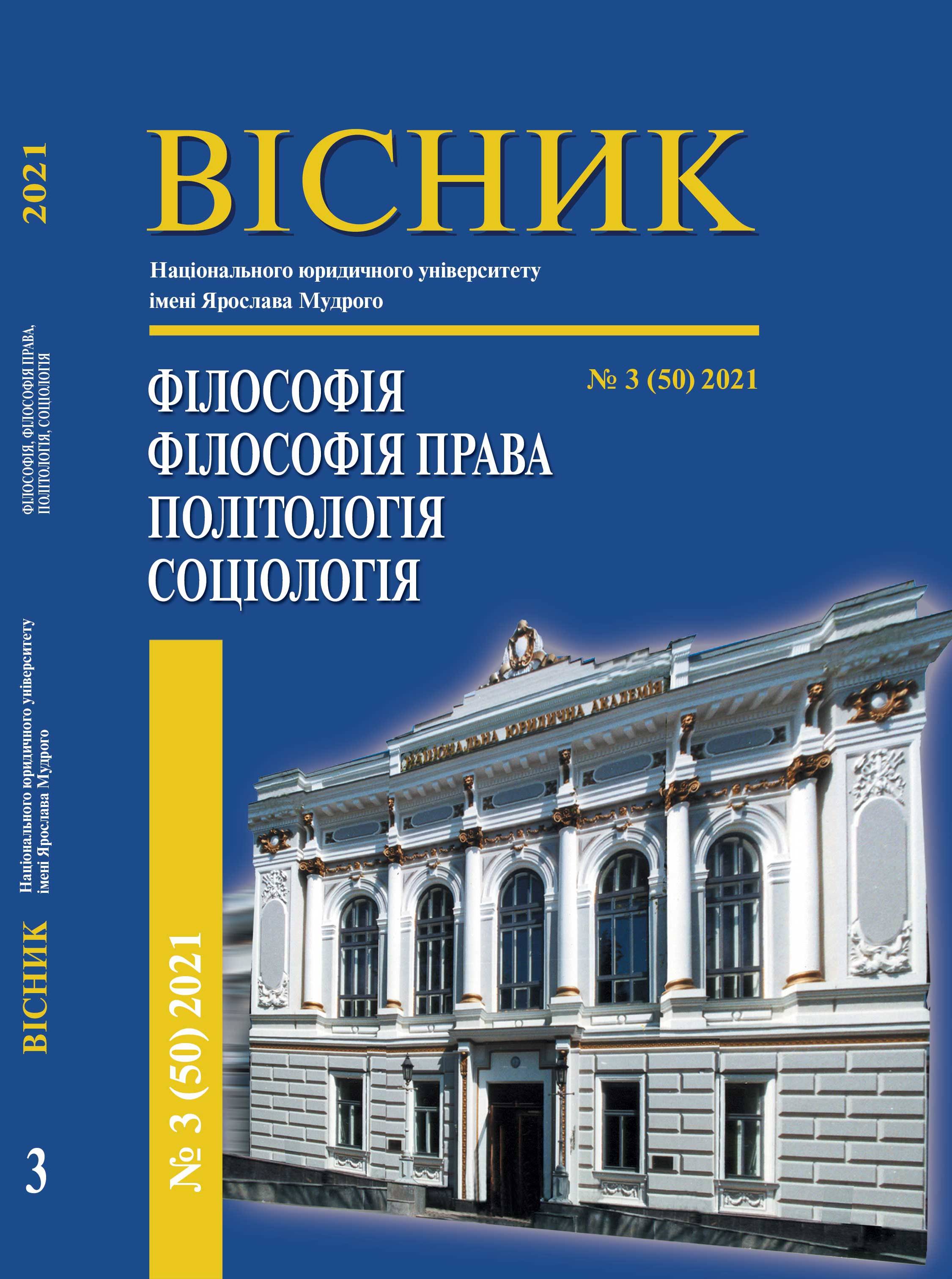
КОМЕНТАР ПРО ВЗАЄМОЗВ’ЯЗОК НАУКИ ТА ВІРИ В ЦЕРКОВНОМУ ВІРОВЧЕННІ
The text analyzes the relationship between Science and Faith in the Magisterium of the Catholic Church. The analysis is based on the position of the Vatican Councils I and II about the importance of Faith and Reason for man, in his search for truth; simultaneously, the orientations of popes Leo XIII and John Paul II were taken into account, in their Encyclicals Aeterni Patris and Fides et Ratio, respectively; some speeches by Popes Paul VI, Benedict XVI and Francis before the Pontifical Academy of Sciences were also analyzed. The Church has sought from the First Vatican Council to the present to bring, harmonize and complement the relationship between Faith and Reason; its interest is not limited to promoting scientific research; it also aspires that knowledge be ordered to the welfare of the human being, and the horizon of faith is recognized in the search for truth.
More...
